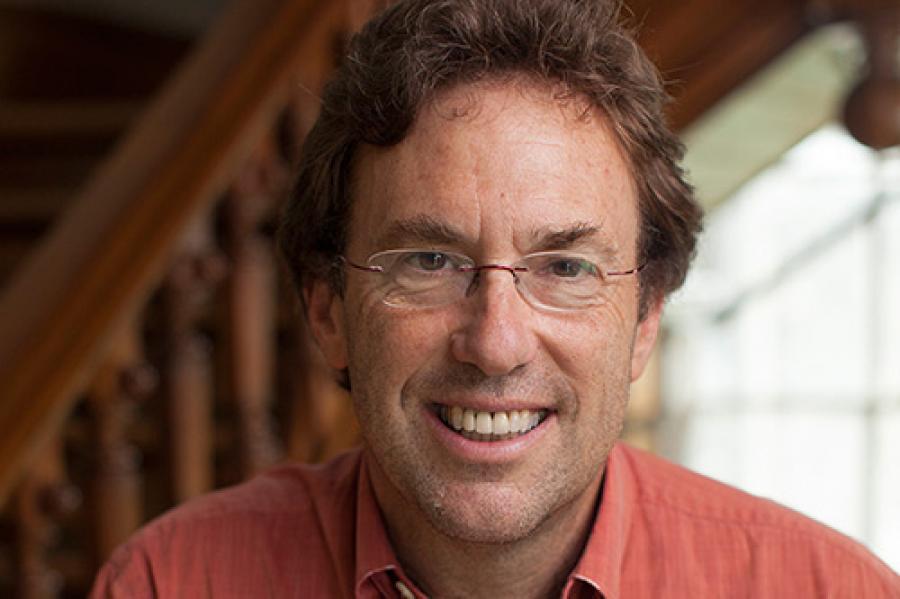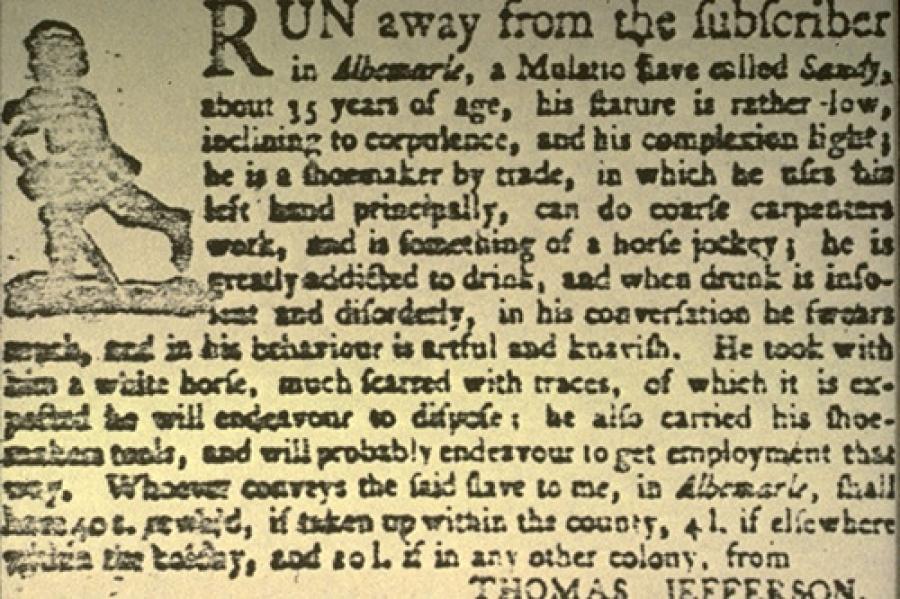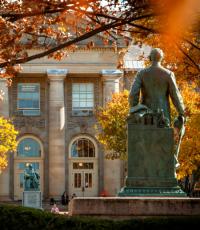Capitalism has shaped our world, from slave-fueled plantations to Wall Street banks, from state-owned factories to oil pipelines.
A new History of Capitalism initiative from Cornell’s College of Arts & Sciences and the ILR School brings together scholars from across the university to examine the nature of capitalism, its relationship with democracy and other forms of politics, and its effects on areas such as law, social mobility, inequality and the environment. Plans for the initiative include conferences, workshops, a speaker series, digital archives, reading groups, and a new minor.
History professor Larry Glickman
“It’s a perfect topic to bring people together,” says Larry Glickman, professor of history. “Many students – many Americans – have become interested in the last decade about what we can learn from history about shaping economic growth to ensure opportunity for everyone. And with a democratic socialist running in the current presidential campaign, understanding what capitalism means is more relevant than ever.”
Major conference held
The History of Capitalism initiative builds on a current collaboration between the Department of History, the ILR School, and faculty in other departments and programs that resulted in a major conference last fall on “Histories of American Capitalism.” With 100 participants, it was the largest conference yet in the field.
“Because of that conference, Cornell is already seen as a center of strength in this area,” says Glickman. A second conference is being planned for fall 2016 that will emphasize global and comparative studies in the field.
Glickman notes that many scholars at Cornell work in areas critical for understanding the history, meaning and impact of capitalism, including those at the Center for the Study of Inequality, the Law School, and departments such as science and technology studies, economics, sociology, development sociology, and government, among others. This cross-disciplinary concentration of scholars ensures Cornell’s strength in the field and will provide a rich pool for collaborative efforts arising from the History of Capitalism initiative.
History professors Victor Seow and Sandra Greene and ILR economist George Boyer add a global perspective to the initiative as core leaders, with Seow’s research on China, Greene’s focus on West Africa, and Boyer’s emphasis on Europe, while history professor Edward Baptist offers expertise on the history of American capitalism.
“What’s really notable to me is the way that framing the key questions of American history in the context of the history of capitalism course is exciting to students,” says Baptist. “Teaching the history of the U.S. among other things as the history of capitalism helps students find tools for thinking about their present.”
A trailer for a 2014 MOOC (Massive Open Online Course) taught by history professor Ed Baptist and ILR professor Louis Hyman
Says Glickman, “Many of our students are deeply interested in applying history to issues of social concern. The History of Capitalism project connects historical scholarship with student’s lives and engagement.”
A student’s view
Graduate student Kwelina Thompson says it has been exciting to be part of building the initiative, which is one of the things that drew her to Cornell. She’s particularly interested in broadening the conversation about capitalism to include more discussion of gender, such as women’s labor history.
Although Thompson majored in economics as an undergraduate, she was also interested in examining what capitalism looks like “on the ground.” For example, she says, “there’s a way to look at social mobility with economic tools and they’re absolutely rigorous and I think they tell a compelling story. But there’s also a way to deepen our understanding of the ways people move from class to class by taking an historian’s lens to it, such as looking at diaries and letters that people might leave behind. Those more personal artifacts are often overlooked in an economics paper.”
Thompson’s research includes looking at how technology — and the medical industrial complex — has shaped the field of nursing. “For example, what does it mean to care for someone versus make a profit?”
Glickman, too, is interested in profit-related questions. An expert on labor history and the consumer society, he’s working on a book on the history of the idea of free enterprise. “Like capitalism, everyone thinks they know what it means but even people who invented the term don’t know,” he says. “’Free enterprise’ is used in a variety of ways by different people.”
Baptist’s current project, Freedom on the Move, examines American slaves’ resistance to the expanding capitalist system in the south. “When slaves ran away they were trying to rewrite the story of capitalism and their relationship with this expanding capitalist system,” he explains. “They’re making a decision that their relationship to capitalism is not going to be that of property but as a wage worker.”
"Runaway Slave" ad placed by Thomas Jefferson
With a digital humanities grant from the National Endowment for the Humanities and in collaboration with the Cornell Library, the Cornell Institute for Social and Economic Research and other scholars, Baptist is building a database of runaway slave ads in the U.S. Designed as a teaching tool, much of the database’s analysis is done through crowdsourcing – students examine the ads and enter their analyses. The students engage with compelling primary sources and learn how to deal digitally with large numbers of historical documents.
Other opportunities related to the History of Capitalism initiative include a course Baptist is teaching this spring, Understanding Global Capitalism Through Service Learning, offered under the auspices of Engaged Cornell and Cornell Abroad. Glickman and Seow will offer a graduate seminar on Comparative History of Capitalism in Fall 2016, and historian Ann Johnson, associate professor of science & technology studies, will teach a graduate course on technology and capitalism in spring 2017.
During the summer, ILR professor Louis Hyman, member of the field of history in the College of Arts & Sciences, offers a History of Capitalism “boot camp” which has drawn graduate students and faculty from across the country to learn economic basics.
This feature is part of the New Century for the Humanities "Big Ideas" project to explore broad contemporary themes in the humanities. The New Century for the Humanities is a series of events and projects initiated to celebrate the opening of Klarman Hall, the first building dedicated to the humanities on Cornell's central campus in more than 100 years.






